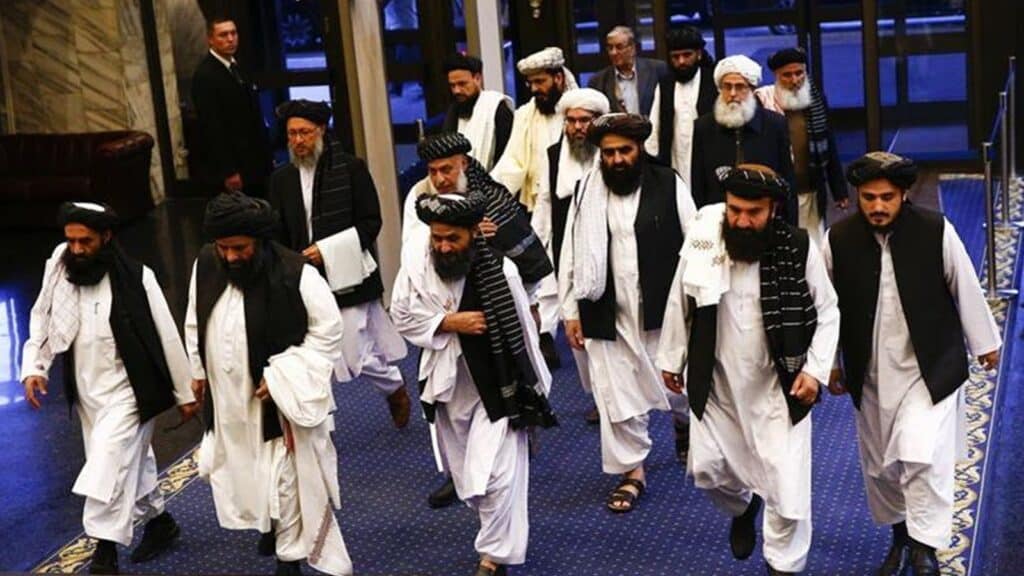Fresh reports about restrictions on former president Hamid Karzai have deepened concerns that the Taliban government is closing all doors for political dialogue and inclusivity. Once promising a broad-based and representative system, the Taliban appear to have taken a complete U-turn from their earlier commitments to Afghans and the international community.
Karzai, who remained in Kabul after the Taliban takeover in 2021 and advocated for peaceful engagement, is now reportedly under political and security constraints. Analysts say this move reflects the regime’s growing intolerance towards even moderate voices that call for reconciliation and basic rights, such as girls’ education.
Observers note that while the Taliban repeatedly talk about national unity and an inclusive government, in practice they have narrowed the political space to one dominated by their own ranks. Pressuring symbolic leaders like Karzai, who played a central role in national cohesion, not only undermines internal stability but also further isolates Afghanistan from the world.
Critics warn that by silencing respected national figures, the Taliban are signaling that there is no room for dissent, compromise, or diversity. Instead of building bridges, the regime is burning them—leaving Afghanistan at risk of deeper political and social fracture.





